For more than 225 years extraordinary men and women have represented the United States abroad. In 1996 the Association for Diplomatic Studies and Training (ADST) and DACOR, an organization of foreign affairs professionals, created a book series to increase public knowledge and appreciation of American diplomats and their role in advancing our national interests. The books in this series demystify diplomacy by telling the story of American diplomats, the lives they led, and the world events they helped to shape.

Partnerships developed between the United States and Mongolia since 1987 reflect the variety of ways in which diplomatic engagement can help set the stage for more dramatic and far-reaching changes. The author, Jonathan S. Addleton, participated in a number of these developments, first as USAID country director (2001–04) and later...
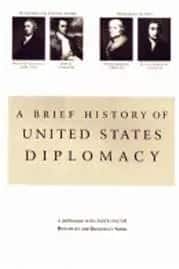
This colorful booklet highlights through text and historic illustrations the dramatic events of U.S. diplomatic history and the individuals who made them happen. Recommended for students of all ages and anyone wishing a panoramic snapshot of the country’s diplomacy.
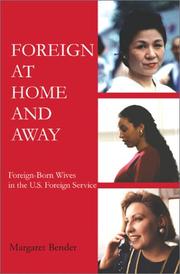
It is estimated that one-third to one-half of the women married to U.S. Foreign Service officers are foreign-born. In Foreign at Home and Away, Australian-born author Margaret Bender has drawn on her own twenty-five years’ experience as a Foreign Service wife and on extensive interviews she conducted with forty women from...
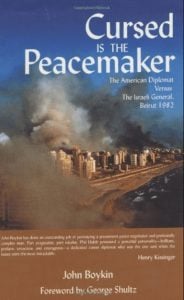
John Boykin’s fast-paced life of the extraordinary diplomat Philip Habib zeroes in on Habib’s excruciatingly difficult, much lauded, but short-lived success in halting the Arab-Israeli war in Lebanon in 1982 and negotiating the evacuation of PLO leader Yasir Arafat and his PLO fighters. Twenty years later, Arafat and Ariel Sharon,...
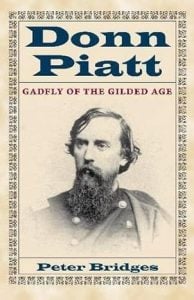
Donn Piatt (1819–1891) was a celebrated diplomat, historian, journalist, judge, lawyer, legislator, lobbyist, novelist, playwright, poet, well-known humorist, and consummate Washington insider. Having served as an American diplomat in France in the 1850s, he had a strong and influential interest in foreign affairs. After the Civil War, Piatt became famous...
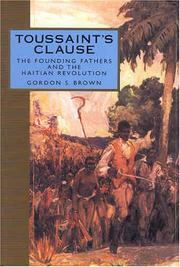
In Toussaint’s Clause: The Founding Fathers and the Haitian Revolution, former ambassador Gordon Brown relates how America’s early leaders and their diplomatic representatives dealt with the politically sensitive issue of the 1790–1810 slave rebellion in Haiti led by Toussaint L’Ouverture. Founding fathers George Washington, John Adams, Alexander Hamilton, Thomas Jefferson, and...

Veteran RFE insider J. F. Brown’s story of the critical role Radio Free Europe played during the Cold War is the 53rd volume in the ADST-DACOR Diplomats and Diplomacy Series. Brown, a widely recognized expert on Eastern Europe who served as RFE director in 1978–83, offers a balanced and penetrating analysis...

On August 7, 1998, three years before President George W. Bush declared the War on Terror, the radical Islamist group al-Qaeda bombed the American embassy in Nairobi, Kenya, where Prudence Bushnell was serving as U.S. ambassador. Terrorism, Betrayal, and Resilience is her account of what happened, how it happened, and...

When the Soviet Union ceased to exist, the United States was tasked with establishing diplomatic relations with the newly independent successor republics and creating an embassy in each new capital. In this book, the first U.S. ambassador to Tashkent, Henry Clarke, explains the logistical challenges of accomplishing that goal in...
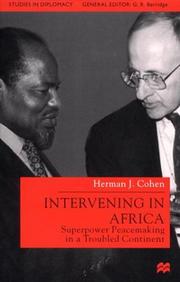
As the Cold War wound down in 1989, Africa was awash in civil wars. Ambassador Hank Cohen initiated an aggressive policy of diplomatic intervention in African conflicts, using the prestige and credibility of the world’s only superpower to search for peace. Cohen details his own and others’ efforts in seven...
